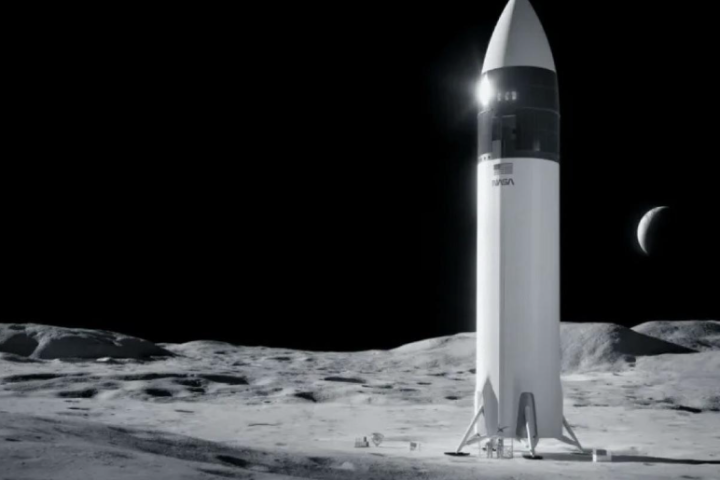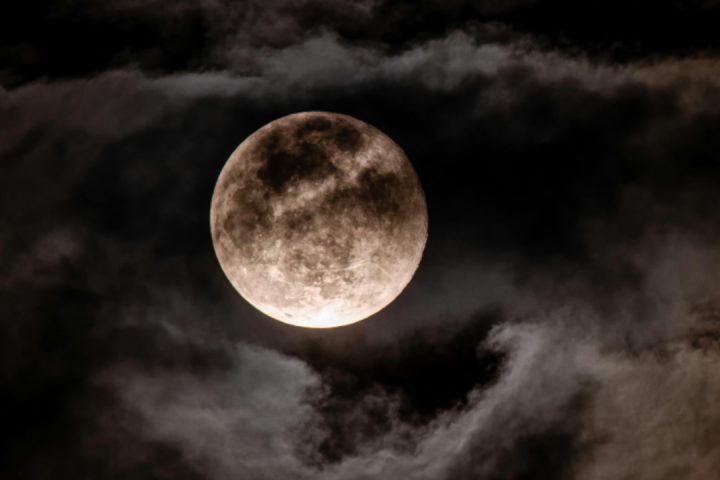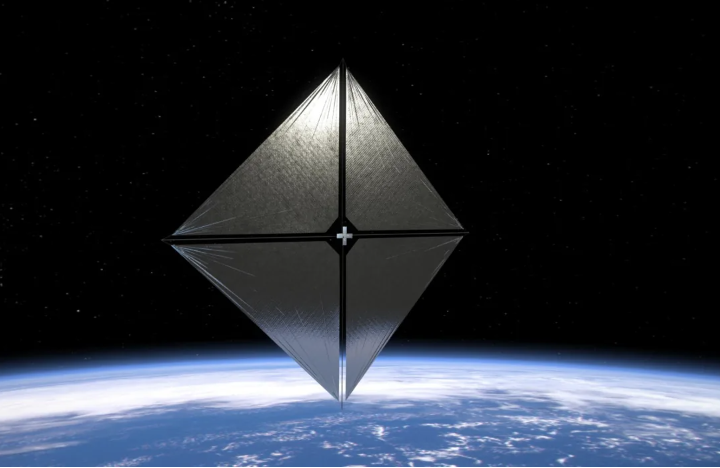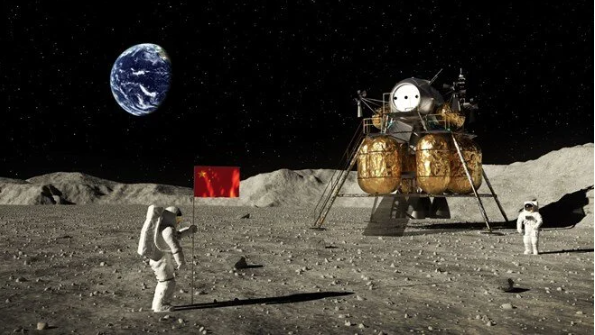The US Aeronautics and Space Agency (NASA) is planning to develop a new clock for the Moon, where seconds pass faster than on Earth.
The clock in question will become a special time reference for the Moon, apart from a time zone like on Earth.
Since there is less gravity on the Moon than on Earth, time passes 58.7 microseconds a day faster.
For this reason, the White House has instructed NASA and other US agencies to work with international agencies to develop a time reference system specific to the Moon.
Kevin Coggins of NASA’s Space Communications and Navigation Program (SCaN) said in a statement, “An atomic clock on the Moon runs at a different speed than on Earth. It makes sense that when you go to another celestial body like the Moon or Mars, each has its own heart rate.”
Coggins said that everything on the Moon will run on an accelerated lunar clock, but there will be no summer and winter clocks like on Earth.
Noting that NASA’s astronauts sent to the Moon previously wore watches but that seconds were not as important in those days as they are now, Coggins emphasized that even microseconds are important in high-tech systems such as GPS, satellites, complex computer and communication systems.
By the end of 2026, a plan for a lunar clock will be prepared
The White House wants NASA to come up with a preliminary idea by the end of this year and a final plan by the end of 2026.
The International Space Station, orbiting close to Earth, will continue to use Coordinated Universal Time (UTC), but NASA needs to determine where the new “space time” will be deployed as time speeds up and slows down to create “leap seconds” even on Earth.
In 2023, the European Space Agency announced the need to develop a common time reference for the Moon, where a day lasts 29.5 Earth days.
NASA aims to send astronauts to orbit the Moon in September 2025 as part of the Artemis Mission to conduct scientific investigations.
On January 10, NASA announced that the crew landing on the Moon had been postponed until 2026 due to safety concerns about the spacecraft, as well as problems with the astronauts’ suits and landing craft.





